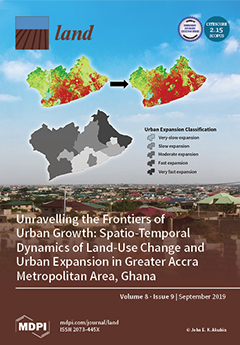Resource information
Digital participatory mapping improves accessibility to spatial information and the way in which knowledge is co-constructed and landscapes co-managed with impoverished communities. However, many unintended consequences for social and epistemic justice may be exacerbated in developing country contexts. Two South African case studies incorporating Direct-to-Digital participatory mapping in marginalized communities to inform land-use decision-making, and the ethical challenges of adopting this method are discussed. Understanding the past and present context of the site and the power dynamics at play is critical to develop trust and manage expectations among research participants. When employing unfamiliar technology, disparate literacy levels and language barriers create challenges for ensuring participants understand the risks of their involvement and recognize their rights. The logistics of using this approach in remote areas with poor infrastructure and deciding how best to leave the participants with the maps they have co-produced in an accessible format present further challenges. Overcoming these can however offer opportunity for redressing past injustices and empowering marginalized communities with a voice in decisions that affect their livelihoods.


